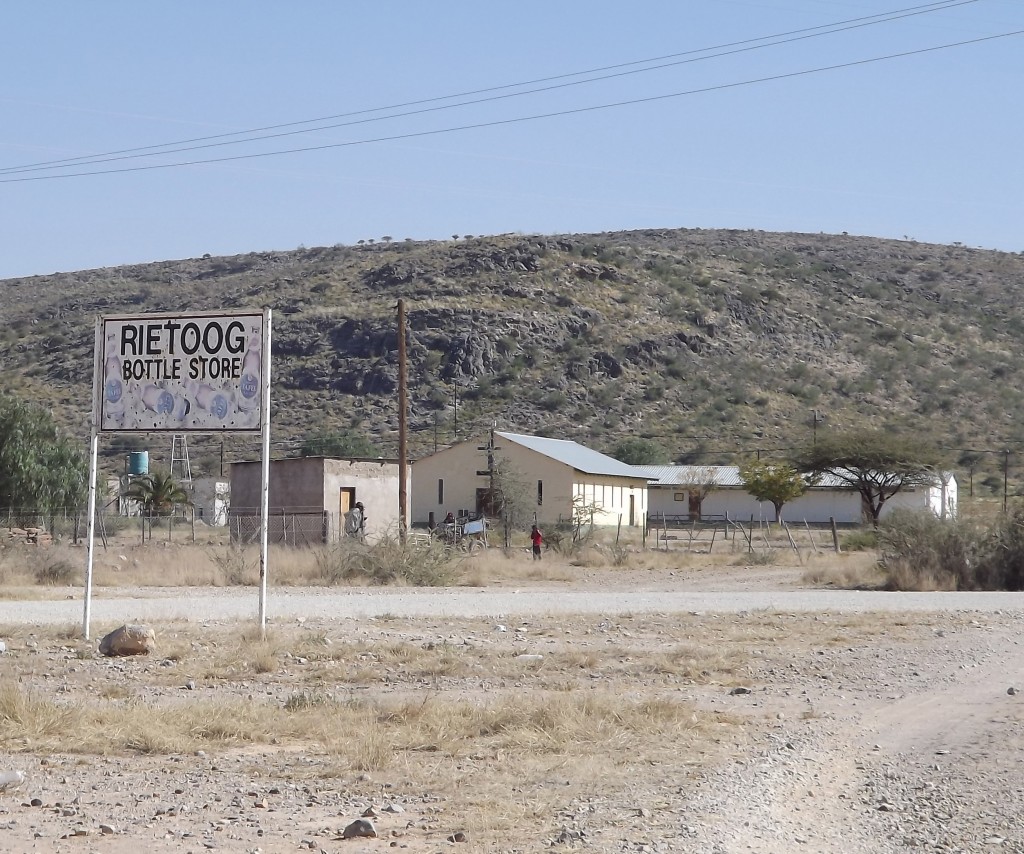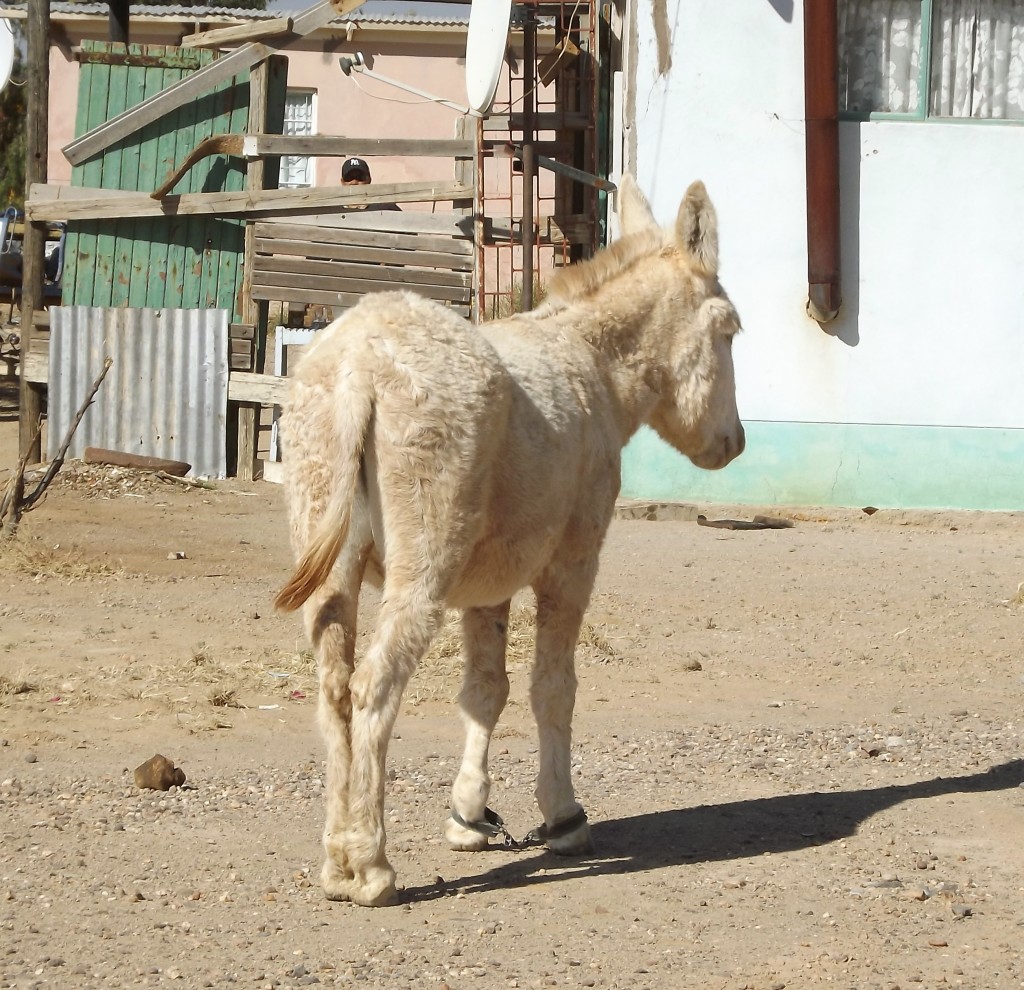 In this post I explore some of the issues that can arise when an economy is dominated by the oil or mining industry. I discuss some of the inherent problems with the nature of the extraction industry. In next week’s blog post, I will move on to talking about how we can manage the extraction industry responsibly. Although I manage the GfGD Blog, in this instance I am blogging in a personal capacity, and the opinions expressed are my own.
In this post I explore some of the issues that can arise when an economy is dominated by the oil or mining industry. I discuss some of the inherent problems with the nature of the extraction industry. In next week’s blog post, I will move on to talking about how we can manage the extraction industry responsibly. Although I manage the GfGD Blog, in this instance I am blogging in a personal capacity, and the opinions expressed are my own.
As you enter Rietoog, a small town in southern Namibia, you have to drive slowly to avoid the stray dogs and men hovering in circles. There is one small shop selling food. The three tinned goods available for sale are spread out at generous distances to try and fill the lone shelf, swimming in a thick layer of dust. The only other shop in town is a liquor store (‘bottle store’), which does good business. Nobody stops here, there is no trade: just poverty, dependency and boredom.
There are towns like this across Namibia that sprung up to serve the mining industry. They were thriving when the industry was active and a self-contained community was established. When a mine is closed people face a choice between leaving their community and losing their livelihood. This has led to concentrated pockets of unemployment, and the resulting social problems, in both Namibia and the UK. Is it possible for a town built on a sudden, finite influx of money to be managed sustainably?
The oil industry creates analogous problems but on a national scale. The very nature of an oil-based economy can damage a country that is not stable enough to brace the wave. The sudden boom from the oil rush can stifle other industries, leaving the country with nothing once the wells run dry.
‘No taxation without representation’ is the method by which citizens hold their government ransom to their demands, but with tax money from oil profits rolling into the national accounts the government no longer needs the collaboration of its people. Oil profits can undermine democracy.
Economies dominated by natural resources are also more likely to enter into a civil war over resource-access than those that rely on tourism or services. You can bomb the ground flat and the subsurface resources will still be in tact, whereas bombing your way into a tourist resort would be counter-productive.
Geoscientists are often employed in the resource extraction industry, working to mine oil and minerals from the geological record for human benefit. The oil and mining industry constitute major sections of the global economy, and so the way they are managed will affect many people’s lives.
The problems associated with industry may not always be a result of the way that companies are managed but due to the nature of resource extraction itself. It tends to dominate in a particular area, stifling other industries, and forming new towns that are dependent on the industry, and that suddenly collapse when the resource is depleted.
I would argue that natural resources can be as much of a curse as a blessing, and we should be cautious about celebrating when we discover new reserves. I believe that it is possible for people to benefit from the resources on their land, but this requires transparency and careful management. We will discuss the management of natural resources in more detail in next week’s blog post.
Recommended reading
- For a more in depth discussion about the problems caused by the oil industry in Africa, I recommend reading “Poisoned wells” by Nicholas shaxson
- The world bank have released a research report into the effects of mine closure.
The opinions expressed here are Rosalie’s own, and not necessarily those of GfGD. We always welcome discussion and debate about scientific and political issues – comments can be left using the box at the bottom of the article.


